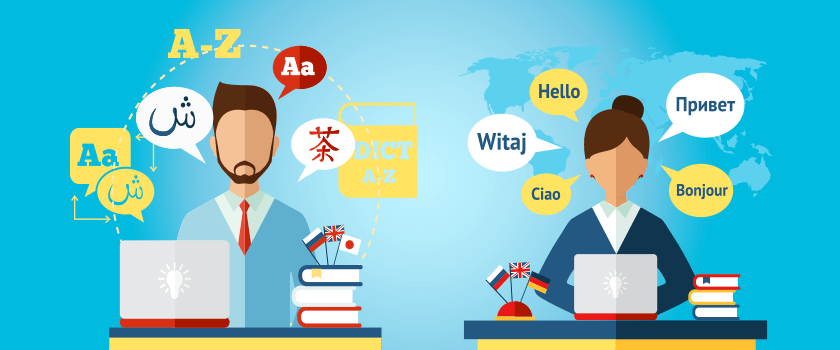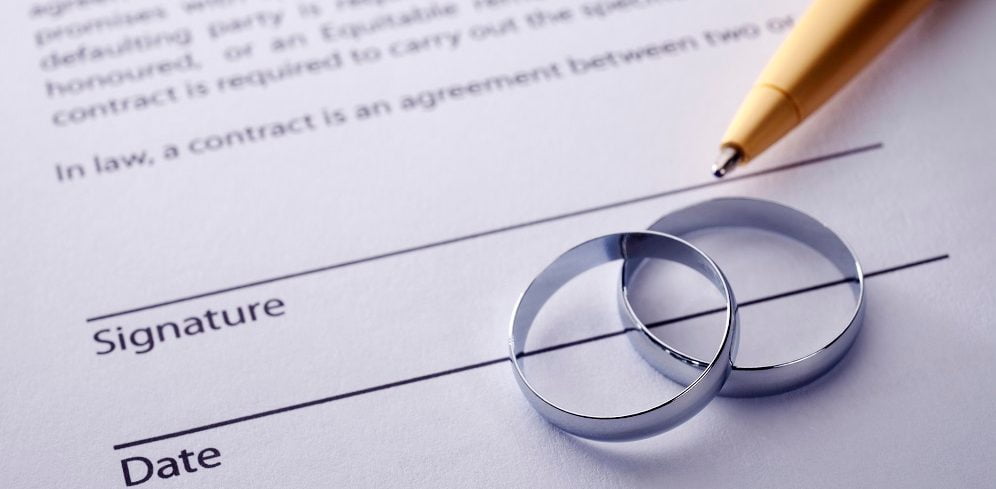The Linguistic Link between Two Complicated Languages
In liberal countries such as the UAE where the Arabic language is the native language and German is gaining significance as a visa requirement and alternatively, in academic transcripts, contracts, and immigration documents, the Arabic to German translation with high value comes to the fore. Most expats and the UAE nationals who want to relocate, continue their studies, or work in Germany, will have to obtain their personal, educational, or legal documents translated from Arabic to German and, that is where the main degree of complexity of a task lies.
Arabic and German are two completely different languages in terms of their family (Semitic and Germanic respectively), so direct translation is quite difficult by the very virtue of the fact. The variations are not just about words and syntaxes; they run through grammatical arrangements, writing formats, cultural undertones, and law terminologies. Expats in the UAE, who run businesses, apply in German-speaking universities, or submit their documents to a German-speaking embassy, knowing the peculiarities of Arabic to German translation can save their time, prevent very expensive mistakes, and certify their documents as legal and linguistically correct.
The Important Problems when Translating Arabic into German
Another issue that has been identified as one of the most remarkable in translating Arabic to German is type of grammar. There is a tendency in Arabic to attach the subject after the verb, and then follows the object as a sentence structure, omitting the case endings and word order which is more flexible in the German language. This mismatch may create confusion in the event that translators do not have a high level of understanding of these two systems of grammar. The translator should not only feel that the words used should produce the right meaning, he or she should also replace the sentence structure to suit the expectations of a native speaker particularly in official papers like school certificates, birth or marriage certificates and legal statements.
Vocabulary gap is another serious problem. Arabic words have a lot of cultural and religious implications, which do not directly coincide with German equivalents. E.g. words connected with Islamic law or descending or status might have to be elaborated on or approximated in the German tongue. In like manner, legal or bureaucratic terms/words used in Germany do not necessarily correspond to that of Arabic e.g. Meldebescheinigung or Haftpflichtversicherung, and this presents an even bigger challenge when attempting to translate official German documentation to Arabic speakers living in the UAE.
To this complexity is the variances in the writing systems. Arabic is written with the right to left of the world on a cursive script, which varies in form depending on the positioning of the letters. German, however, is a language that applies the Latin alphabet and is left-to-right. This is why format and layout is of particular significance in bilingual texts. Certificates, academic transcripts and notarized translations frequently have to be side-by-side which have to be translated with acute attention to aligning formatting and fit the documents to both Arabic and German documentation requirements.
Cultural and Contextual Sensitivities
There are more barriers to cross than grammatical and lexical ones as far as translation between Arabic and German is concerned; there are cultural expectations that should be managed. In Arabic speaking cultures speaking or communicating usually depends upon the contextual meaning of the words used, politeness patterns and indirect expressions. German, in its turn, promotes straightforwardness, accuracy and clarity especially in the fields of formal communication, such as a contract or an invitation to a visa. This difference in cultures implies that not all the time should literal translation be adopted.
To take an example- there can be an Arabic written request of recommendation in relation to a student applying to a German university. The Arabic script may promote straining of studying admirable characteristics and mutual compliments provided that it gives indirect as well as opaque recommendations, whereas German organizations require minimalistic, veritable confirmations regarding studies and abilities. A good translator should be able to identify such cultural standards and transform the piece of writing to an extent where the expectations of the target audience are fulfilled. Even minor misinterpretation may cause a wrong evaluation of the tone, intention or legal condition of a given document.
Terminology and tone is also based on religion. The Arabic documents can be related to Islamic holidays, the principles of the law founded on the basis of Sharia, or kinship relations forming the core of identity in the Middle East. In Germany, on the other hand, bureaucracy is likely to be secular and its official language does not use a religious terminology. Translators have to consider the possibility of either cutting such references with stone-like interpretations or contextualizing them with footnotes or comments of the translator but without changing the original idea.
UAE and Germany laws of translation
One of the critical aspects among the UAE expats is legality of the translation. All translators do not have the freedom to engage in certified or sworn translation especially where the document is to be delivered to German government departments, or German embassies and consulates. Legal translation of Arabic documents in the UAE can only be done by licensed translators and such translators must be acknowledged by the Ministry of Justice. In the German case, an official or qualified sworn translator, referred to as a beeidigter Ubersetzer or registered with a German court, would have to perform the translation in case the document will be used on an official or legal basis.
This dual necessity forces the translation to move in two processes, first, it has to be translated by a legal translator in the UAE to be processed and attested locally, and then it has to be recertified by a translator recognized by German or by a German embassy. This process is even more complex in case the document should be applied in two jurisdictions because it should meet both the legal and linguistic norms of two different countries. It is not a matter of transcription, it is dealing with two generally litigious systems that require precision, stamp seals and professional accreditation as translators.
Top Tips when You are an Expat and in Need of Arabic to German Translation
To hire the best translator, there is a need to do so as an expat to the UAE when one wants to translate tribal documents in Arabic to German. One should turn to professionals, who not only know both languages well, but also understand the nature of documents, which are being translated be it academic, medical, legal or commercial. An experienced translator will know the tonality that should be preserved, the technical terms that should be used or the legal structure that should be followed by institutions in both countries.
This is recommended to be started early as there will be avoidance of delays, as some documents might be further attested by the UAE Ministry of Foreign Affairs or the German Embassy. One more thing to keep in mind is to check with the target institution in Germany to see whether they need a sworn German translation or that a certified translation done in the UAE is acceptable. This will reduce a lot of time and expense.
In addition, a completed, formatted and clean copy of the original document may facilitate the process of translation, making it more efficient and quick. Missing name parts, uncertain dates or unmaintained location names may lead to ping pong replies. Keep in mind that translation is less of a linguistic assignment, as it is a legal and administrative one, in which precision and conformity are imperative.
Conclusion
The specifics of Arabic into German translation are not the same as in other language pairs; this is why it poses certain difficulties to expats living in the UAE since they have to have their documents accepted both by Arabic and German speaking institutions. This is so much more than just proficient use of the two languages, e.g. the process requires high levels of knowledge of the law, culture, formatting and translation protocols. This can be undertaken by thinking through this process carefully, choosing the best translation agency, and knowing what each country needs so that expats can do this as effortlessly as possible and be certain that their documents will easily be admitted.


